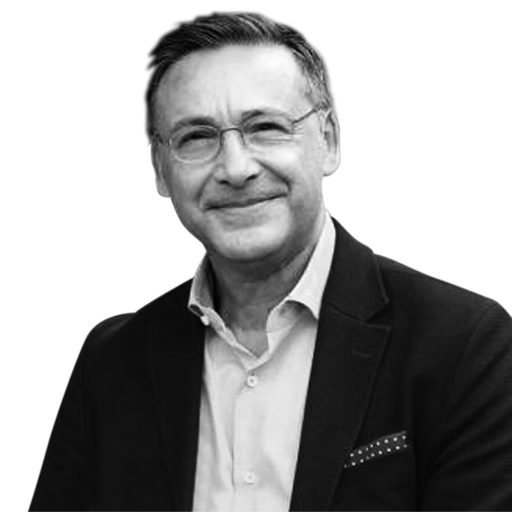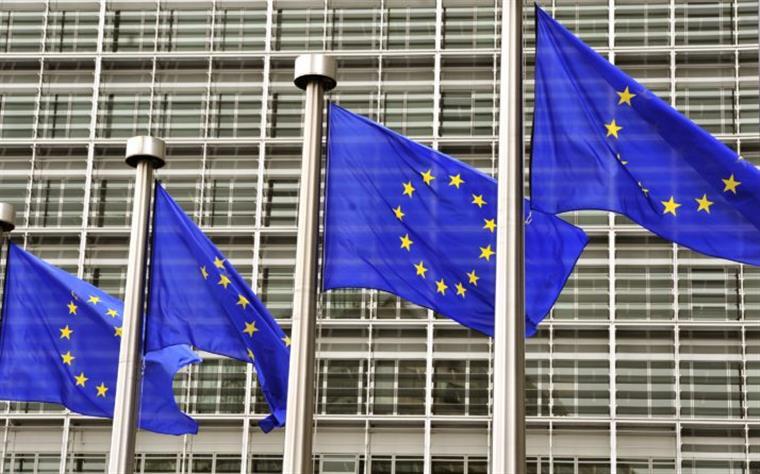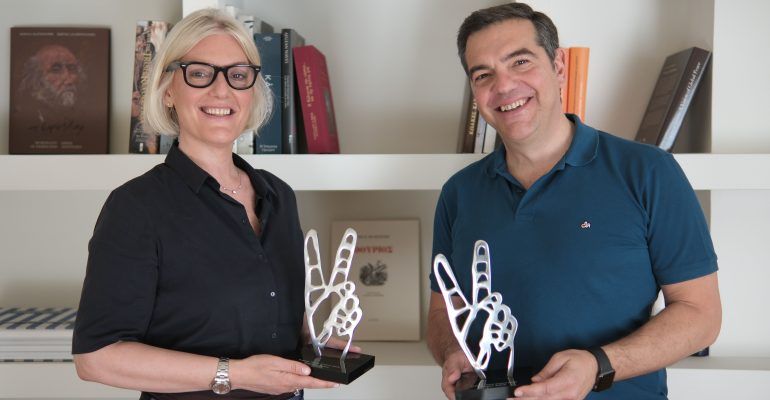Science

Modern science is a systematic way of understanding the world, based on observation, experimentation (when applicable), and critical thinking. The natural sciences study the physical world, social sciences focus on the social aspects of the human condition and the formal sciences provide mathematical and logical tools. Despite the differences between the various areas, they all follow a rigorous approach to testing ideas, correcting errors and deepening knowledge of reality, using theoretical models, criteria, methods and techniques that require broad consensus within the scientific community
The methodology used, traditionally designated by a scientific method, began to take shape in the seventeenth century, influenced by philosophical approaches such as the inductive thinking of Francis Bacon (1561-1626), a defender of the systematic collection of generalizations and the empirical observation, performed directly by the senses or with the use of instruments that expand human perception. (For example, someone who observes several black crows and concludes that all birds of this species are black makes an inductive reasoning.)
However, the so -called natural philosophy was not limited to the use of induction. Occupying the study of natural phenomena, encompassing areas such as botany, zoology, mineralogy, chemistry, mechanics and astronomy included domains that gradually were dissociated from what we consider scientific knowledge such as natural magic, alchemy and astrology.
For the new approach to Natural Philosophy, they also contributed thinkers such as French rationalist René Descartes (1596-1650), whose starting point was deductive reasoning, defending the primacy of reason and methodical doubt, and Italian empiricist Galileo Galilei (1564-1642), whose observations with the telescope challenged Aristotelian geocenturism. (Example of deductive reasoning: Knowing that all mammals have a spine and finding a new mammal, we can conclude that it also has a spine.).
Isaac Newton (1643-1727), in turn, combined observation with logical deduction and mathematical formalization to enunciate, in his work mathematical principles of natural philosophy (1687), the laws of movement and the theory of universal gravitation.
The designation of natural philosophy lasted until the nineteenth century. Although the term ‘science’ already existed, it did not refer specifically to the knowledge of nature. Coming from Latin Scientia, it meant systematic knowledge in a given domain, such as history or grammar, or even practical skills. Jane Austen illustrated this use in pride and prejudice (1813), when Mr. Darcy states that « any savage knows how to dance. » His interlocutor, Sir William Lucas, seeing Binley join the group of dancing, smiles and replies: «Your friend moves charmingly; And I have no doubt that Mr. Darcy himself also dominates science. Among us, Eça de Queirós used the term ‘science’ in both its old meaning and modern. In the Maias (1888), for example, it reads: « Maria (Eduarda) put in the composition of her dinners a delicate science. » Already in the city and the mountains (1901), we found: « (…) I plunged into the section of the natural sciences, piercing, in a growing haunt, from spelling to paleontology, and from morphology to crystallography. » In turn, the term ‘scientist’ was only coined in 1834 by the mathematician and astronomer William Whewell, in a critical receipt to the work on the Connexion of the Physical Sciences, by the British scientific publicist Mary Somerville.
The methodology and rigor that characterize the sciences, and reproducibility in the case of experimental (note that scientific journals such as Nature have portrayed integer articles due to lack of reproducibility), are absent in areas that, although they present themselves as scientific, are pseudosciences-such as astrology and homeopathy. Unlike science, which has strict scrutiny and control mechanisms, is dynamic and self -criticism and evolves as the understanding of reality deepens, pseudoscience, often disguised as science through technical vocabulary and statements that appear scientific support, remains inflexible, refusing review and criticism.
Currently, Donald Trump’s administration is applying drastic cuts on science financing, affecting various US agencies and institutions. At Johns Hopkins University, for example, where 40% of revenues come from federal funds, thousands of discharges have already been registered. The warnings for impending damage in crucial areas, such as biomedical investigation, multiply. The country’s scientific leadership position, one of the pillars of its economic success, is threatened, and a brain escape may occur to Europe, reversing what happened during World War II. The same Donald Trump who, in his real estate business, in casinos, beauty contests and reality TV shows, founded, for profit, an infamous and failed ‘university’ with his name.
Chemical








